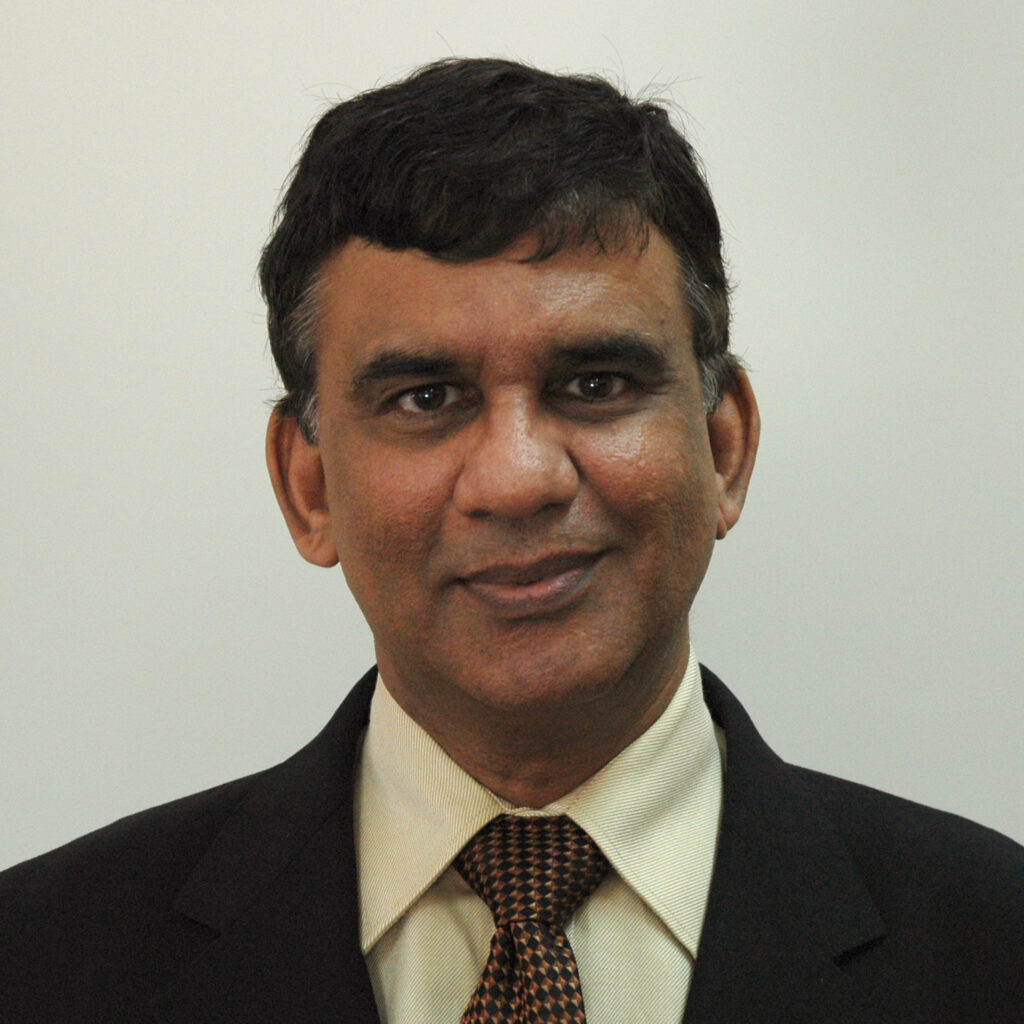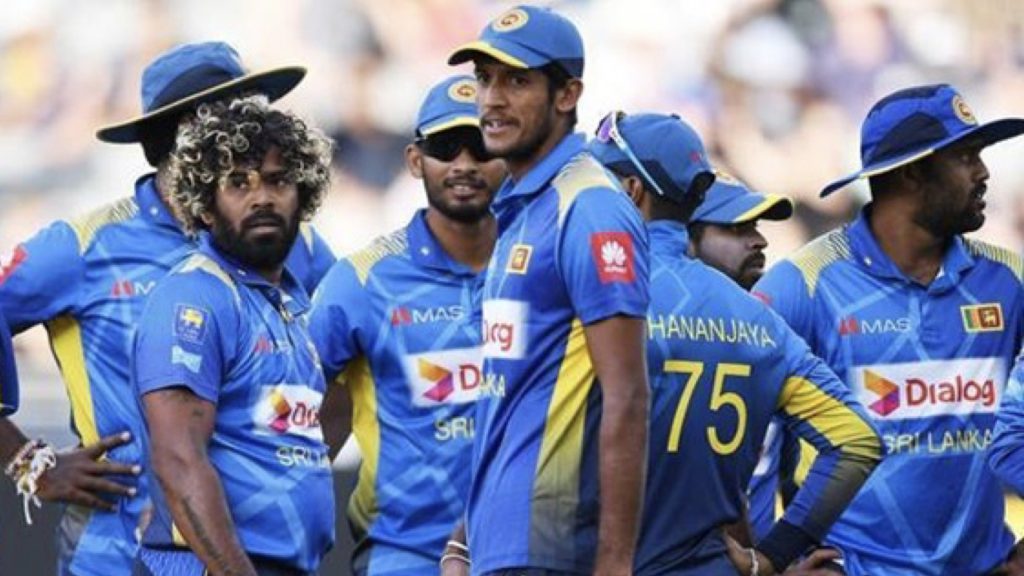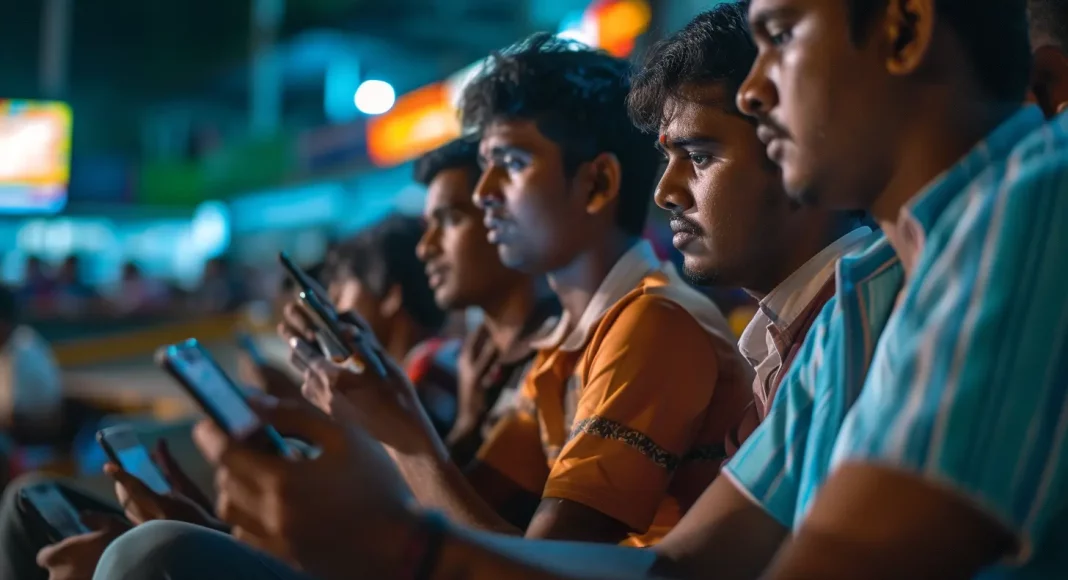India‘s gaming industry holds immense promise, but navigating regulatory hurdles and addressing tax implications are critical for sustained growth, gaming consultant Sudhir Kalé said in an interview with AGB.

Kalé, the founder of Gameplan Consultants, provided a comprehensive overview of India’s gaming landscape, shedding light on both its potential and current challenges.
As the most populated country globally, India holds significant economic potential for gaming industry development.
“Currently the fifth-largest economy in the world, it is projected to rise to the third position by 2027, trailing only behind the US and China. Moreover, with an estimated 100 million affluent individuals anticipated by the same year, coupled with its youthful demographic, India presents itself as a lucrative market for various industries, including gaming,” the consultant told AGB.
The gaming sector in India is multifaceted, comprising different forms of gambling, with Kalé highlighted three primary categories: horse racing, casino gambling, and online gaming.
Racing, with a history spanning over two centuries, is legal in numerous states across India. Conversely, casino gambling is restricted to just three states: Goa, Daman, and Sikkim.
The boat-casinos of Goa

Goa, in particular, stands out as a hub for casino activity, contributing significantly to the overall revenue generated from gambling activities within India. In the southern city, casino operations primarily take place aboard cruise ships to circumvent a steep 28 percent tax imposed on land-based casinos.
“These floating casinos offer a variety of entertainment options bundled with the purchase of a ticket, including food, childcare, and gaming chips […] I would say that currently the market is somewhere in the neighborhood of about $400 million in Goa,” Kalé pointed out.
“However, the thing about Goa is that nobody really is honest in terms of their total revenues. Part of it is because they don’t want to pay the tax.”
At the moment, the size of the market is restrained almost solely by the number of it casinos, with the consultant pointing out that the city authorities have already said they will not allow any more cruise casinos.
“They’ve been talking about moving the casinos onshore for many years, but then again, it’s always a political hot potato, like where they will be located and what impact it will have on the neighbouring communities. But sooner or later it is bound to happen,” he adds.
At the moment the Indian government also does not allow foreign participation in the casino industry, but with Kalé considering that in the past, there were similar bans on industries such as retail or insurance but that “sooner or later” the government did back down on the issue.
“In fact, Sheldon Adelson, at the peak of Macau, when its revenues were like $45 billion per year, said that there was room for the equivalent of ten Cotai strips in Goa. So everyone has seen the potential,” he pointed out.
A constrained online gaming market
As for the country’s online gaming market, Kalé praised it as having a “substantial market size” with some $3 billion in volume estimated as of 2024, with great potential, especially sports betting. Except for horse racing, sports betting is prohibited in most Indian states, but with indian punters very active in overseas platforms
There are no federal laws that prohibit online betting in India, with a few states having recently made explicit laws against online betting. Goa, Daman, and Sikkim are the only Indian states to have legalized online gambling.
Even though Indian casinos cannot promote or have sites that promote online gambling games such as casinos, sports betting, and bingo, it is not illegal for non-Indian casino companies or offshore companies to have sites that focus on Indian players.
The proliferation of internet connectivity and smartphone usage has also propelled the expansion of online gambling in India, encompassing a wide range of activities such as casino games, sports betting, fantasy sports, and online lotteries.
Notably, mobile casinos have surged in popularity, with these platforms boasting classic card games, slot machines, or immersive live dealer interactions.
“Sports betting, particularly centered around cricket, emerges as a dominant force in this domain, with staggering amounts wagered on high-profile matches between India and its rivals,” Kalé noted.
According to Kalé, an India-Pakistan game, for example, could see billions of rupees bet on it.
“Cricket is a religion there, and cricket betting is huge. Some estimates say that something like billion dollars are put every year on cricket,” he stated.

Despite its growing popularity, the legal status of online gambling in India remains uncertain, lacking specific laws directly addressing its regulation, with Kalé warning that these shortcomings hinder the industry’s growth.
This ambiguity has paved the way for many offshore gambling websites to accept Indian players, raising concerns regarding regulation, taxation, and consumer protection. A recent tax reform has also made it harder for online operations to operate profitably.
The Indian government recently increased in the Goods and Services Tax (GST) imposed on the sector, rising from 18 percent to 28 percent, an adjustment that aligns online gaming with ‘sin taxes’ like those imposed on horse racing.
This GST is applied on total face value of bets placed, rather than solely on the operator’s commission, with operators in the sector complaining that it could lead to operational downsizing, job cuts, and potential dampening of foreign direct investment.
India expects to gather around 14,000 crore ($1.7 billion) in GST in the upcoming financial year through a new taxation of online gambling firms.
In a recent interview, the Indian Revenue Secretary, Sanjay Malhotra, revealed that the government aims to collect approximately 7500 crore ($904.7 million) from this levy in the fiscal year ending on March 31, marking a significant surge from the preceding year’s 1,600 crore ($193 million).
Another issue, according to Kalé is regulatory complexities, including distinguishing between skill-based and non-skill-based games, present hurdles for the online gaming industry’s expansion.
“Some games like poker are determined as skilled games, whereas some others, like blackjack, are not. So it’s a very blurred line. Most states allow online skill based games, but they don’t allow games of chance,” he described.
The Public Gambling Act serves as the primary legislation governing gaming and gambling activities in India, this law outlines permissible activities and notably recognizes games of skill as lawful, distinguishing them from games of chance.
Consequently, games such as rummy and fantasy cricket have been acknowledged as games of skill. However, individual states in India have their own regulations governing gaming activities, with some states enforcing complete prohibitions while others institute licensing frameworks to oversee online gaming, particularly in the northeastern region.
Still, Kalé expressed optimism on the future trajectory of India’s gaming industry, despite the existing constraints.
“I’m sure people would be dying to invest, provided the tax structure is set right and there is some sense in terms of the regulations,” he concluded.











